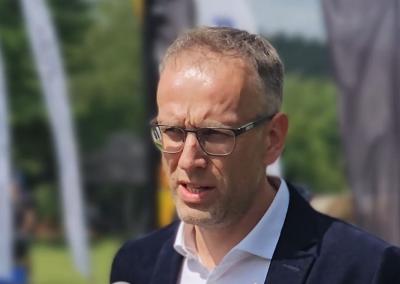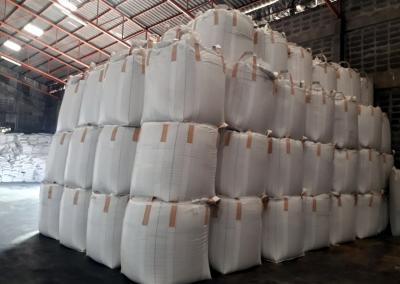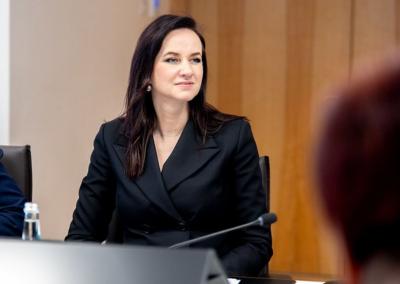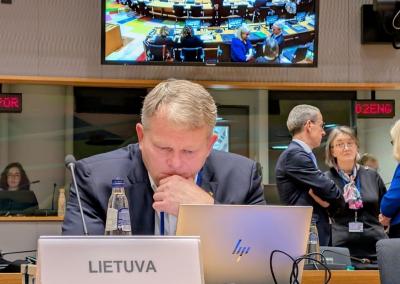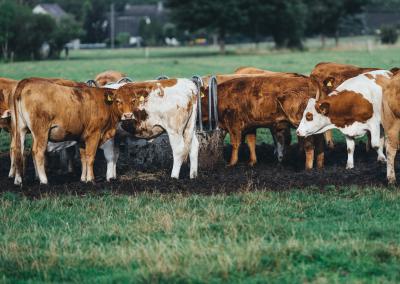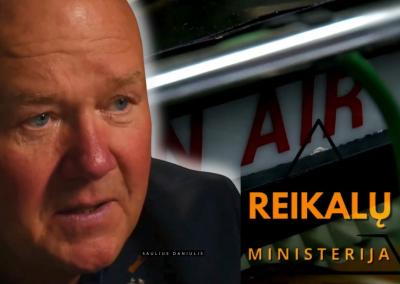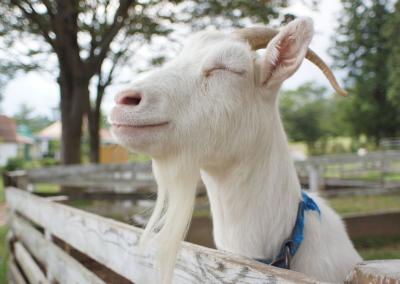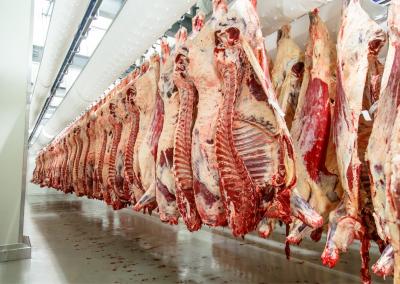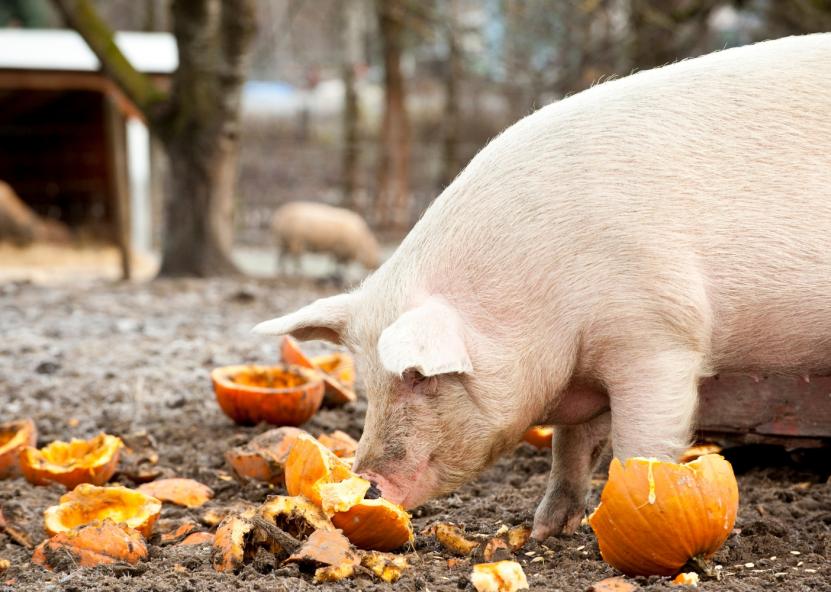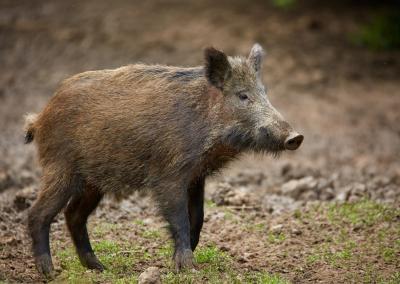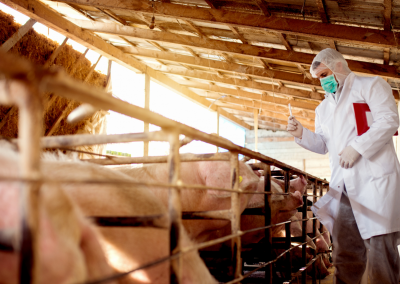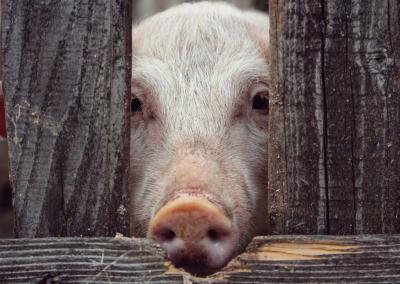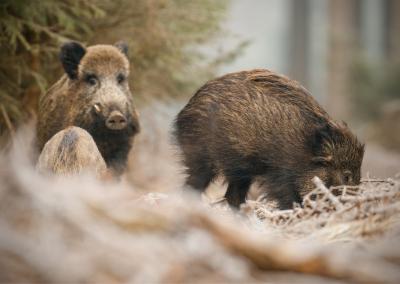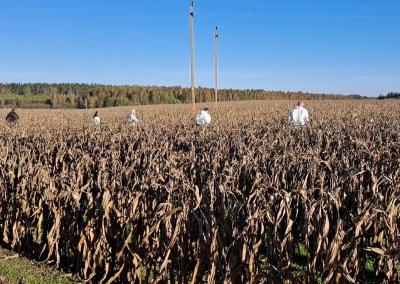Veterinary experts draw attention to the spread of ASF
Representatives of the State Food and Veterinary Service (SVVT), together with expert veterinarians from the European Union and other foreign countries, met on 18–19 September in Ohrid, North Macedonia. The meeting focused on discussing cross-border cooperation and experiences in the management of African swine fever (ASF), which continues to be a priority issue for animal infectious diseases.
The spread of the ASF virus is a global problem and is causing significant losses to the pig sector worldwide, which is why there is an ongoing effort to find the most effective solutions to control the disease. Currently, the situation of ASF remains particularly dynamic in Germany, Italy and Poland, where outbreaks of the virus continue to be recorded in small-scale poultry farms, with human factors posing the greatest risk of introducing the disease into farms. Meanwhile, the Swedish experience shows that by promptly eliminating the source of the ASF virus in wild boar, and devoting attention and resources to finding and testing wild boar carcasses, it is possible to contain the threatening disease and become an ASF-free country.
At the meeting, representatives of the countries shared their practical experience, and spoke about the fact that the main challenges still include the lack of biosecurity measures in non-commercial farms, the management of the wild boar population in large regions and the absence of a vaccine.
Lithuanian experience with ASF was presented to colleagues by the Deputy Director of the VMVT, Paulius Bušauskas. „Our goal – is to continue the continuous application of control measures on pig farms, with a particular focus on the introduction of biosecurity measures in pig housing, as this is the only way to protect farms from the spread of a dangerous disease. It is equally important to remain vigilant, as the risk of virus transmission remains high, especially as ASF is constantly circulating amongst wild boars," said the VMVT spokesperson.
Cooperation – without borders
The meeting actively discussed that there should be no „borders“ for cooperation between and within countries, which is particularly relevant for large countries with different regions, which often have different control measures for ASF.
The countries of the Baltic region were presented as role models for cross-border cooperation. „We have much to be proud of. Consistent, intensive and long-standing cooperation between the Chief Veterinarians of Lithuania, Latvia, Estonia and Poland at expert level, the implementation of a common strategy and the introduction of uniform control measures are helping to prevent major outbreaks of ASF. We are well aware that common control and prevention measures in neighbouring countries are essential to prevent the spread of the virus, and we are constantly exchanging relevant information, which has become almost a daily habit for us," said Mr Bušauskas.The representatives of the Balkan countries attending the meeting were impressed by this example, and are planning to apply a similar model of cooperation.
Lithuania has recorded 6 outbreaks of ASF this year, all of them in small poultry farms in the districts of Rokiškis, Klaipėda, Pasvalys and Kelme. The situation remains more challenging in the wild, where this year's ASF cases have surpassed last year's numbers – in 2024, the ASF virus has already been confirmed in more than 700 wild boars.

